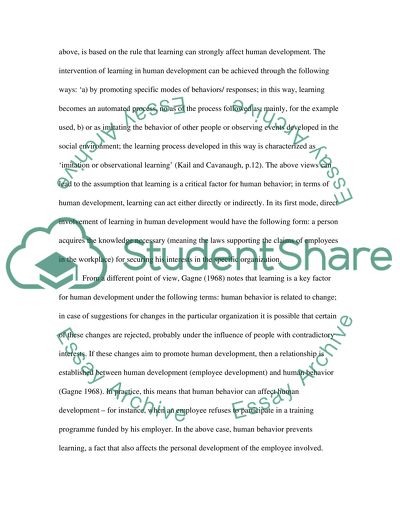Cite this document
(“Learning and Human Development Research Paper Example | Topics and Well Written Essays - 1000 words”, n.d.)
Retrieved from https://studentshare.org/psychology/1428234-human-development-issues
Retrieved from https://studentshare.org/psychology/1428234-human-development-issues
(Learning and Human Development Research Paper Example | Topics and Well Written Essays - 1000 Words)
https://studentshare.org/psychology/1428234-human-development-issues.
https://studentshare.org/psychology/1428234-human-development-issues.
“Learning and Human Development Research Paper Example | Topics and Well Written Essays - 1000 Words”, n.d. https://studentshare.org/psychology/1428234-human-development-issues.


